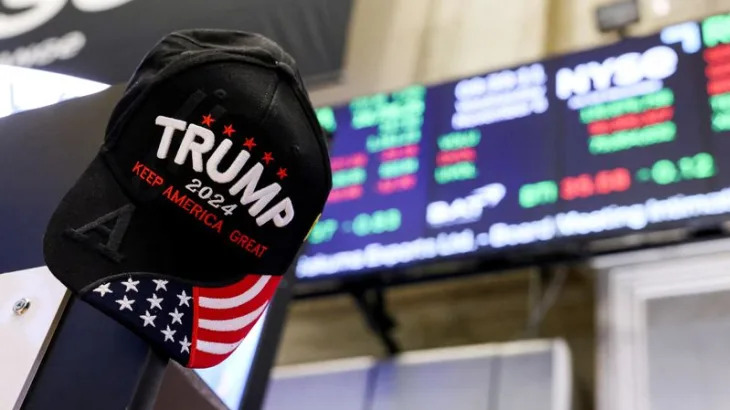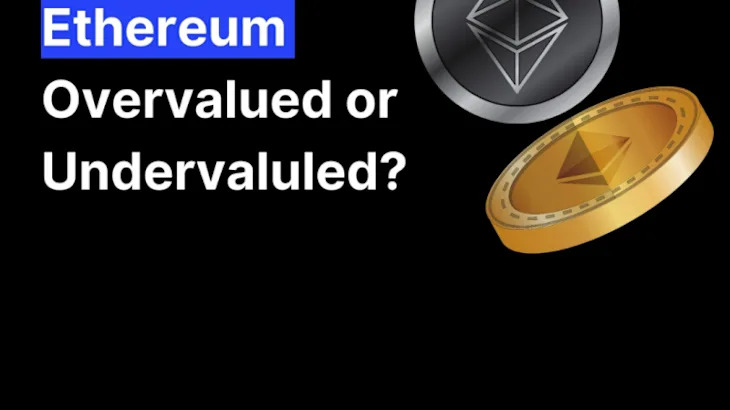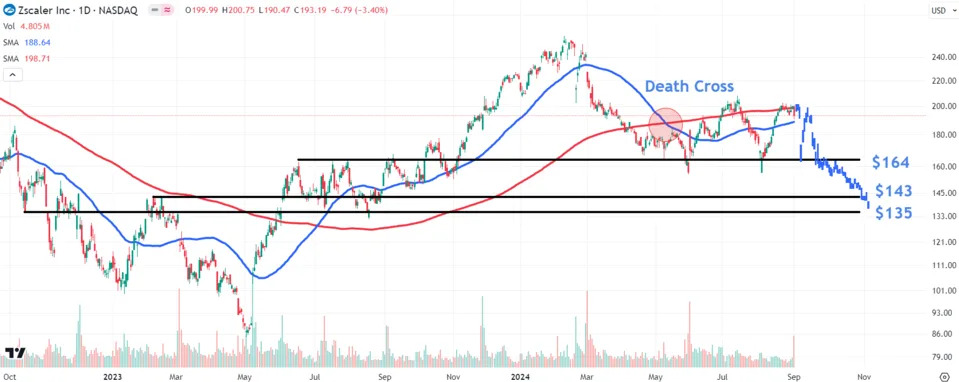(Bloomberg) -- US President Donald Trump’s trade war risks turning powerful influences that helped ease inflation over decades in the opposite direction.
“Some of the forces that helped the disinflation in the 1990s and the 1980s and the 2000s will be going into reverse,” Donald Kohn, a former vice chairman of the Federal Reserve, said on Thursday.
The dollar and European stocks fell after Trump announced 25% tariffs on auto imports and pledged harsher punishment for the EU and Canada if they join forces against the US. Investors worry that higher prices as a result of the tariffs may limit Fed interest-rate cuts.
US inflation slowed dramatically from the early 1980s, thanks in large part to aggressive Fed action under then-Chair Paul Volcker. Economists have also cited increasing globalization as a factor in stabilizing prices in the years that followed.
“We see already adverse supply shocks, and the threats of adverse supply shocks, from the tariffs threatened by the Trump administration,” Kohn told a conference in Cape Town. “The tailwinds that helped with the disinflation earlier are turning potentially into headwinds and that’s going to present some difficult decisions for the Fed.”
Kohn, a 40-year veteran of the Fed who left in 2010 and is now a senior fellow at the Brookings Institution in Washington, was speaking at an event hosted by the South African central bank to discuss inflation targets.
The widespread adoption of a numeric-inflation goal is also credited with contributing to lasting low inflation – outside of the post-pandemic period, when forecast errors led to a significant overshoot – alongside central-bank independence to get the job done.
Kohn warned that the Fed faced fresh challenges amid high budget deficits and public calls from the president to cut rates.
“Donald Trump has said he’s not going to fire Jay Powell, but he’s already advocated for lower rates,” Kohn said, referring to the current Fed chair who Trump privately discussed replacing during his first term in office. “Political pressure on the Federal Reserve is not going to be reduced at all.”





